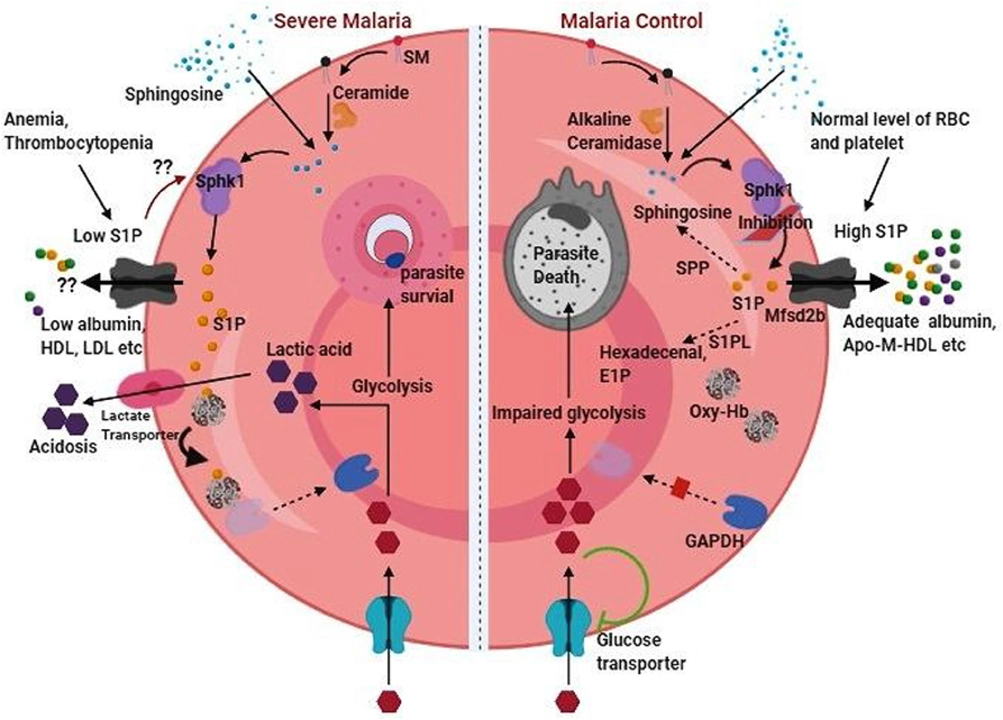Malaria Prevention: Simple Steps to Keep Yourself Safe
Every year malaria affects millions of people, but most cases could be avoided with the right habits. If you’re heading to a risky area or just want to stay safe at home, these easy actions can cut your chances of catching the disease.
How Mosquitoes Spread Malaria
The malaria parasite lives inside the bite of Anopheles mosquitoes. When a mosquito feeds on an infected person, it picks up the parasite and later passes it to the next host during another bite. That’s why stopping bites is the first line of defense.
Practical Ways to Protect Yourself
Use insect repellent. Choose a product with at least 30% DEET, picaridin, or oil of lemon eucalyptus. Apply it on exposed skin and reapply every few hours, especially after swimming or sweating.
Sleep under an insect‑treated net. A tightly woven net soaked in long‑lasting insecticide blocks mosquitoes from reaching you while you rest. Make sure there are no holes and tuck the edges under the mattress.
Dress smart. Wear long sleeves, long pants, and socks made of thick fabric. Light colors attract fewer mosquitoes than dark ones.
Keep your living space mosquito‑free. Use window screens, close doors at dusk, and consider indoor residual spraying if you’re in a high‑risk area.
Take prophylactic medication when needed. Talk to a doctor about antimalarial drugs such as doxycycline, atovaquone‑proguanil, or mefloquine. Follow the dosing schedule before, during, and after travel for full protection.
Check your health early. If you develop fever, chills, headache, or muscle aches within a month of leaving a malaria zone, seek medical help right away. Early treatment prevents serious complications.
Combining these steps—repellent, nets, proper clothing, home protection, and smart drug use—creates a strong shield against malaria. You don’t need fancy equipment; just consistent habits and the right advice.
Remember, prevention works best when you plan ahead. Pack repellent, bring a net if your accommodation lacks one, and schedule a quick chat with a travel clinic before you go. Staying a step ahead means you can enjoy your trip without worrying about malaria.
As a blogger, I cannot stress enough the crucial role Non-Governmental Organizations (NGOs) play in combating malaria. These organizations work tirelessly to raise awareness, provide resources, and implement preventive measures in areas most affected by this deadly disease. Furthermore, NGOs collaborate with local communities and governments to ensure a comprehensive approach to tackling malaria. Additionally, they are instrumental in conducting research and advocating for better policies to support malaria eradication efforts. In summary, NGOs are invaluable in the fight against malaria, making a significant impact on saving lives and improving global health.

